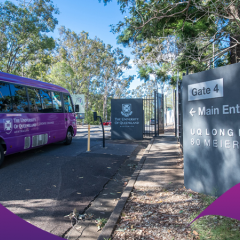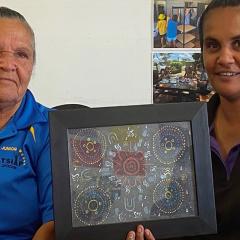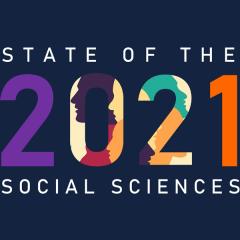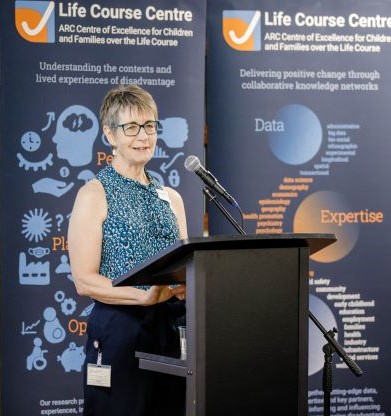
The playing field is not level for all Australians and the divisions that come from a society with widening gaps between the haves and the have‐nots hurts everyone. It can undermine trust and cohesion and erode the social fabric that holds communities together. It also comes with significant and ongoing economic and lost productivity and opportunity costs. If we do nothing to disrupt the cycle of deep and persistent disadvantage, it will only get worse.
The Australian Research Council Centre of Excellence for Children and Families over the Life Course (the Life Course Centre) is committed to investigating and understanding the experiences of Australians facing disadvantage in their daily lives, and to better equipping them to overcome it. This commitment is founded in a life course and longitudinal approach to identifying important life events and transitions and how they shape life trajectories, and to developing strategic interventions to improve opportunities and outcomes.
Established in 2014, the Centre is administered by ISSR at The University of Queensland and is a collaboration with the University of Sydney, the University of Melbourne and The University of Western Australia as well as international partners and experts. It is supported by key government agencies that have responsibility for developing and implementing Australia’s social and economic welfare programs, and by non-government organisations that work at the front line to deal with real-world problems of poverty and disadvantage.
The Life Course Centre was funded by the ARC for a further seven-year term in 2020. The Centre has been instrumental in introducing a life course perspective to policy debate and discussions on addressing disadvantage in Australia, and has also played a key role in accessing and linking administrative data sources to track disadvantage over time and inform evidence-based policy making. The new Centre, established in 2021, is focussed on deepening and broadening its research to progress an innovative science of disadvantage.
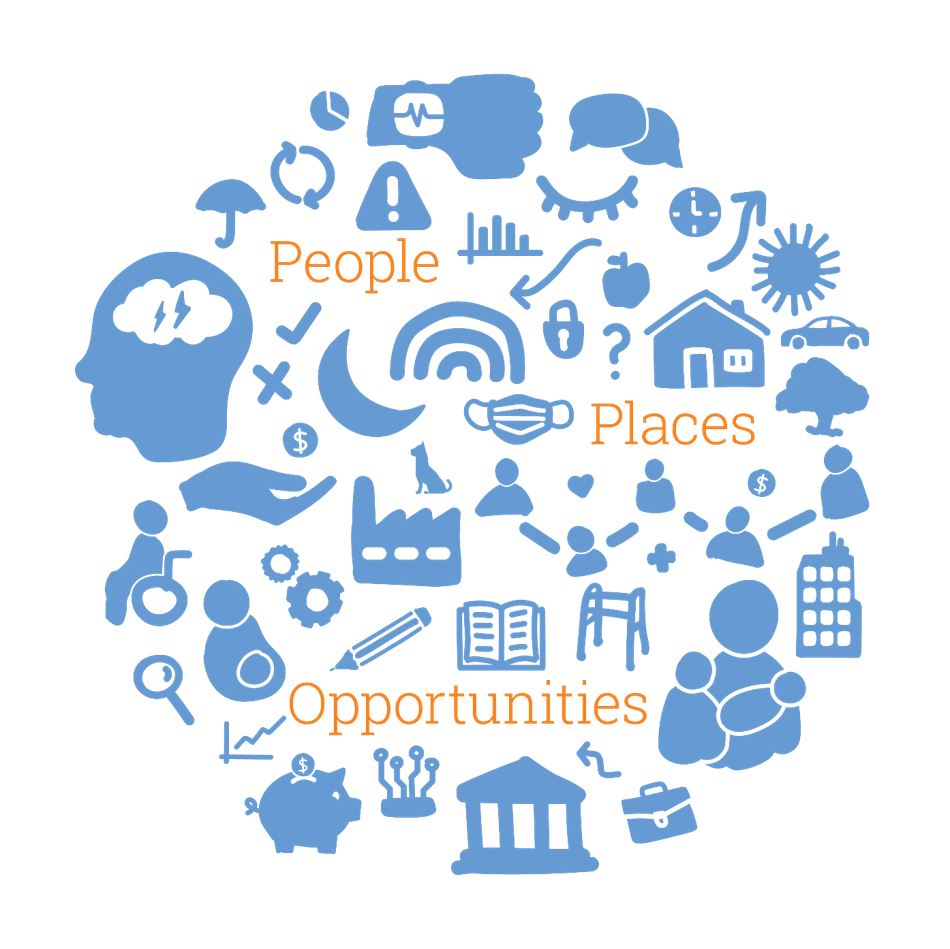
People, Places & Opportunities
The research of the Life Course Centre is organised into three new programs:
The People program investigates individual differences, and what prevents people from making the most of opportunities in life. This program will apply new knowledge from cognitive and sleep science to the challenge of disadvantage.
The Places program investigates local context, environment and circumstances and how they can be optimised to disrupt disadvantage. This program will examine how tailored solutions that work ‘in place’ can be applied effectively in other places.
The Opportunities program investigates institutions governing how we live and work such as welfare, education, employment and family structures. These are enduring priorities to addressing disadvantage and breaking down any built-in constraints on people’s potential.
Underpinning the Centre’s new research program is a commitment to bringing together diverse research disciplines, such as sociology, economics, public health, psychology, psychiatry, sleep science, geography, social work, demography, statistics and data science, and new research methods and technologies, including bio-social, geo-spatial, transactional and experimental data, layered with administrative, longitudinal and ethnographic research.
This research approach positions the Life Course Centre to track the trajectories and experiences of disadvantaged individuals across their lifetimes in more detail than ever before, and to pinpoint the interventions at specific stages of the life course that can make a real difference. It will deliver a more fine-grained picture of why disadvantage takes hold in particular places, at particular times, for particular people, and it will inform the development, trialling and evaluation of personalised, community-based solutions to break the cycle.
Flagship projects within the Centre’s new research structure include the Longitudinal Study of Life Opportunities, which will engage with and collect detailed data from participants in Australia’s most innovative social interventions to determine long-term outcomes and effects. Other new Centre projects involving ISSR researchers include: Social Determinants of Sleep, Education Investments (including collaboration with new Centre partner Goodstart Early Learning), and Enduring Family Factors.
Women, Violence & Poverty
The Life Course Centre is an ongoing sponsor of Anti-Poverty Week, held every October, and this year collaborated with the organisers to produce new research analysis on the links between women, violence and poverty. This analysis, released to coincide with the National Summit on Women's Safety, highlighted the structural inequalities that perpetuate gendered disadvantage and heighten the risk of violence against women in Australia. It achieved high levels of media impact and engagement from government, business and community representatives. The Australian Government directly recognised the association between violence and financial hardship for women when it announced details of its new Escaping Violence Payment trial. Violence against women is a growing problem in Australia and this is an important research topic that the Life Course Centre will continue to progress.
For more information on the Life Course Centre, visit: www.lifecoursecentre.org.au
Term: 2021 – 2027
Team:
ISSR Life Course Centre research leaders:
Director, Professor Janeen Baxter
UQ Node Director, Professor Simon Smith
Chief Investigators: Professor Karen Thorpe, Associate Professor Abdullah Mamun,
Associate Investigators: Associate Professor Jenny Povey, Associate Professor Wojtek Tomaszewski

